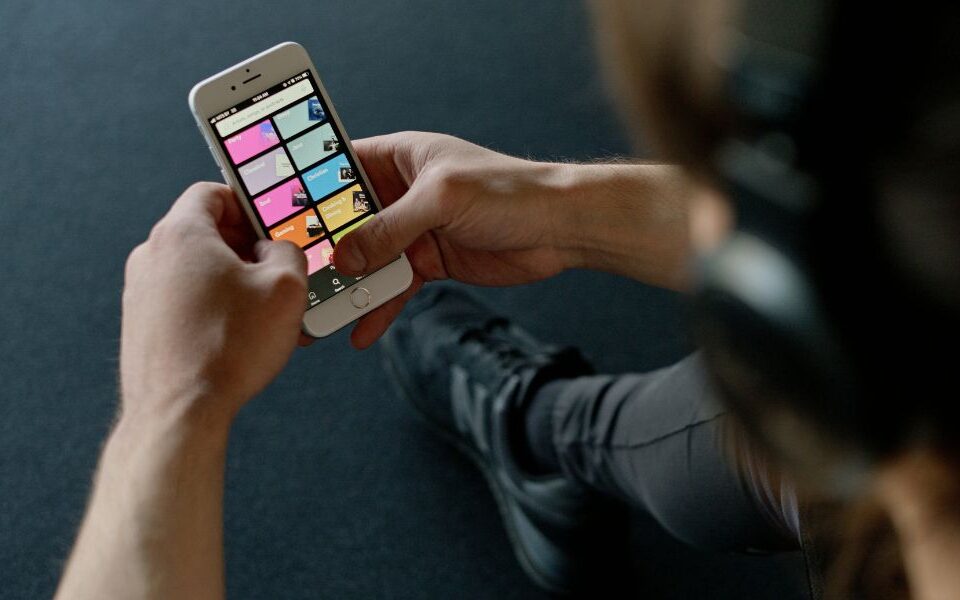- Have any questions?
- 888-432-8878
- steve@sebackground.com

CVS Encounters Another Roadblock—Workers Go on Strike In California
October 21, 2024
It’s Time for Change—German Four-Day Workweek Trial Is a Success
October 22, 2024Gen Z workers typically hold very strong and decisive opinions about hustle culture but they too fall victim to its damaging effects sometimes. A recent survey by ezCater found that a large number of Gen Z workers admit to skipping their lunch breaks due to the guilt of walking away from their workload. The 2024 Lunch Report revealed that 47% of guilty Gen Zers skipped their lunch two or more times throughout the week.
Although 50% of them have found their lunch breaks to be the “best part of the workday,” they are still unable to fully embrace the perks of stepping away from their desks for a brief breather to fully enjoy their meal. These workers are four times more likely than Boomers to feel guilty for taking a break from their work.

Image: Pexels
Gen Zers Are Skipping Lunch Breaks Due to Guilt Surrounding Their Workload
Most workers are familiar with the brief periods where deadlines get tighter and workloads get heavier than they have ever been before. We’ve all been guilty of eating over laptops as we continue to work or occasionally skipping meals because we forget to, during all the chaos of getting a task done. While this isn’t healthy, we’ve all been known to choose these strategies over telling our managers we want to take a real break from the task at hand.
Young Gen Z workers appear to be caught in the same battle, however, 47% of them skip lunch at least twice a week and 40% of them skip it regularly. Their decision to avoid taking a break isn’t associated with a briefly heavy work period but with consistent guilt over taking a break.
While these young workers are also the most likely to splurge on a little treat for themselves during the week, skipping entire meals has never been ideal for an individual’s health or productivity. Gen Z are also most likely to skip breakfast at least twice per week, so the lack of sufficient sustenance can be expected to have a very obvious impact on their work.
The survey found that overall, among all workers, 29% of those who took their lunch barely had 15 to 30 minutes to get done with their lunch while another 32% allowed themselves 30 to 45 minutes. Around 33% of workers took more relaxed lunch breaks that extended between 45 minutes to an hour.
Why Are Gen Z Skipping Breaks?
The most prominent reason associated with skipping lunch appears to be guilt over taking a break. These workers aren’t ignoring the possibility of a break completely, and many do block out time for lunch, but it appears that these workers end up using that time for other tasks like attending meetings and meeting deadlines.
During the pandemic, it was extremely normal for workers to eat their lunch at odd hours while they worked from their homes. It was expected that they would be available throughout their workday with break times melding into their normal working hours. Now, the young workers who began their work life under these conditions appear unused to timed breaks throughout their day.
Older workers who have years of experience with the traditional work set-up and regular lunch breaks don’t face as much difficulty with taking their lunch breaks, but Gen Z workers with their workload-related guilt are strongly affected.
The worry over walking away from work can be overwhelming enough to keep workers rooted to their desks, but that likely isn’t the only reason. Workers often have specific targets that are hard to reach if they don’t carve into their lunch break, or they may prefer to finish work as early as possible to get it out of the way. The rising prices of food due to inflation also make it difficult to budget for a healthy meal all the time.
Employers Need to Encourage Employees to Take Their Breaks
The Gen Z workload guilt may initially appear to work in an organization’s favor when employees continue to push themselves to get all their work done on time, but this can be damaging in the long run. Gen Z workers and others skipping their lunch break are likely to be more tired and unable to focus on their work, despite their attempt to do more in the time available to them.
Running low on fuel, these workers will turn irritable after a point and their inability to meet deadlines due to their exhausted state will continue to be upsetting to them. Lunch breaks also give workers a chance to step away from their desks, socialize with others, and clear their heads before returning to work. Without taking a moment to turn their attention to other things before restarting their tasks, workers will struggle to see the full picture with their assignments.
The importance of a break doesn’t apply to just lunch breaks but holidays and paid time off from work as well. Reports have suggested that remote workers are quiet vacationing without telling their bosses, and while some of them manage to disconnect from their work during this time, others continue to work, albeit from a new location. Such half-hearted attempts at taking a break are never satisfactory.
Employers need to keep an eye on employee workloads to ensure that they all fall within manageable limits so employees, and Gen Z in particular, don’t have to feel guilty and start skipping lunch. Encouraging workers to use their lunch breaks, PTOs, and other company-supported benefits is in any organization’s best interests.
The post Gen Z Workers Take to Skipping Lunch Breaks Over Work-Related Guilt appeared first on The HR Digest.
Source: New feed




